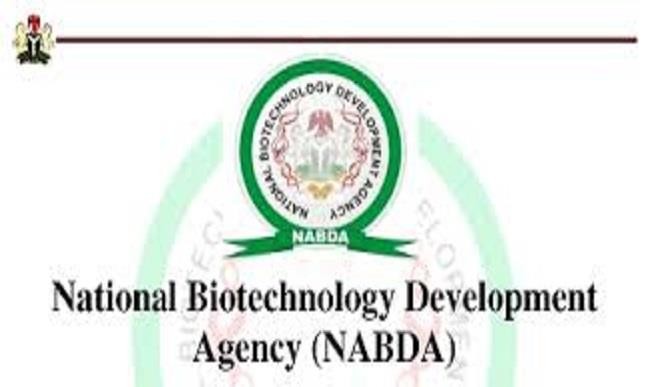By Asmau Ahmad
The Director-General, National Biotechnology Development Agency (NABDA), Professor Abdullahi Mustapha, said Nigeria will soon deploy genome editing technology in agriculture.
This, he said, would help to boost productivity and ensure food security.
Speaking in Abuja on Tuesday at the commencement of the validation workshop to review the draft of the genome editing national communication and advocacy strategy and action plan, Mustapha stated that as soon as the strategy was validated, Nigeria was ready for implementation.
At the programme, held in partnership with the African Union Development Agency, were researchers from various institutes and ministries, farmers, lecturers, civil society and faith-based organisations and regulators like the National Biosafety Management Agency (NBMA).
Also present were representatives of the National Orientation Agency (NOA) and the National Agency for Food and Drug Administration and Control (NAFDAC).
The organisers stressed that GEd agricultural products would help to boost agricultural productivity, alleviate poverty, enhance the nutritional value of farm produce, and reduce crops’ vulnerability to pesticides and environmental stress as well as the dependence on fertilizers.
Prof. Mustapha noted that the convergence of the stakeholders was to enrich the inputs in the national communication strategy before its adoption.
He stated, “The meeting brought together stakeholders with backgrounds in science, technology and innovation, most especially genome editing, to validate the work that has been done on genome editing in Nigeria. It’s a new technology that has cut across the continent, and if harnessed, will transform the continent in terms of science, technology, and innovation.
“So, we partnered with the AUDA-NEPAD to see how we can make a success of this innovation. We also invited journalists, who are the ears and eyes of society, to join in validating the communication strategy and the roadmap.
“This initiative began in Nigeria in October 2022 and once it is validated, we swing into action and start the implementation. So, this workshop is to examine a critical aspect of GEd for the effective communication of the benefits, risks, and ethical considerations to the Nigerian public.”
Also, the Director-General, NBMA, Dr. Agnes Asagbra, said the agency had developed the guidelines, which researchers were expected to follow “and when they do not conform to the guidelines, we will wield the big stick.”
She added, “We have a Memorandum of Understanding with Customs to ensure that unlicensed GEd products do not make it into Nigeria. So, we have the GEd guidelines that will ensure that GEd products do not impact negatively on people’s health and well-being.
“The NBMA Act came into effect in 2015 but was amended in 2019 to include genome editing. With the crop of stakeholders present at this workshop, I have every conviction that at the end, we will come up with a workable action plan on GEd.”




